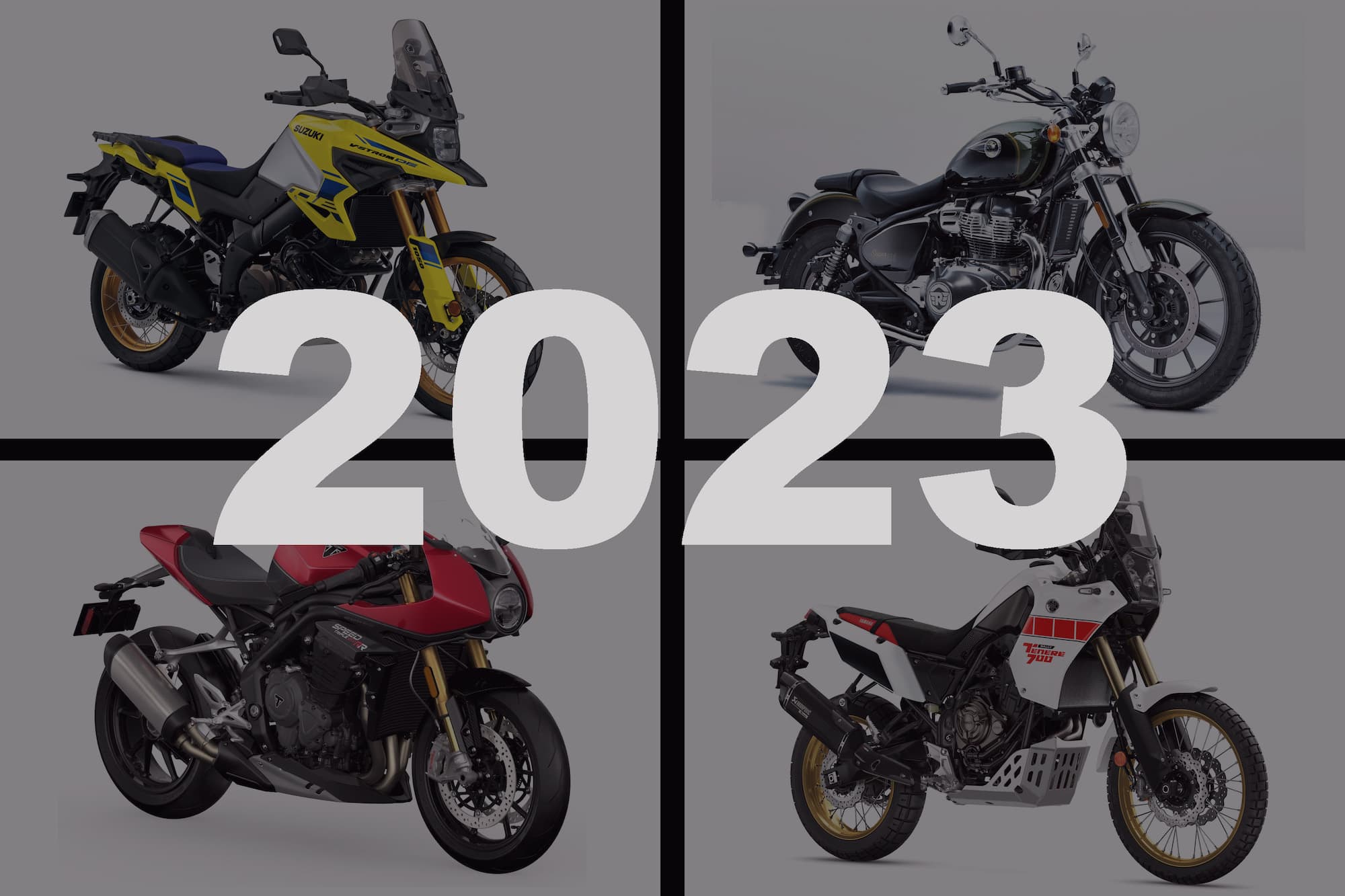A beginner’s guide to buying a motorcycle
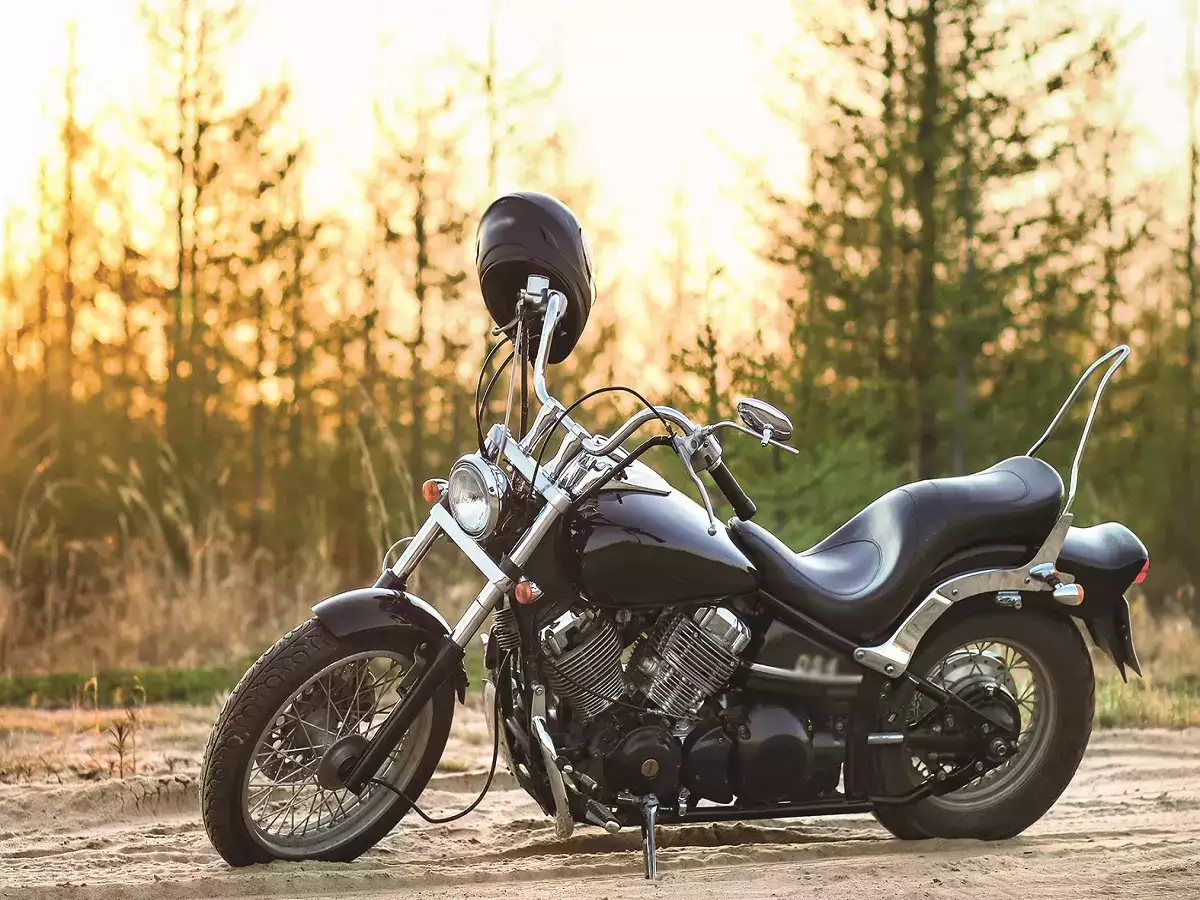

CRUISER
Perfect for those who like to cruise on city streets in style, low-slung cruisers are comfortable to ride and come with a torque-rich engine, a fat rear tyre and loads of style. Moreover, its upright ergonomics allow you to munch miles comfortably, be it on an open highway or within the city.
Pros: Comfortable to ride, reasonably easy to maintain, and can be used for touringCons: Could be heavy for some riders
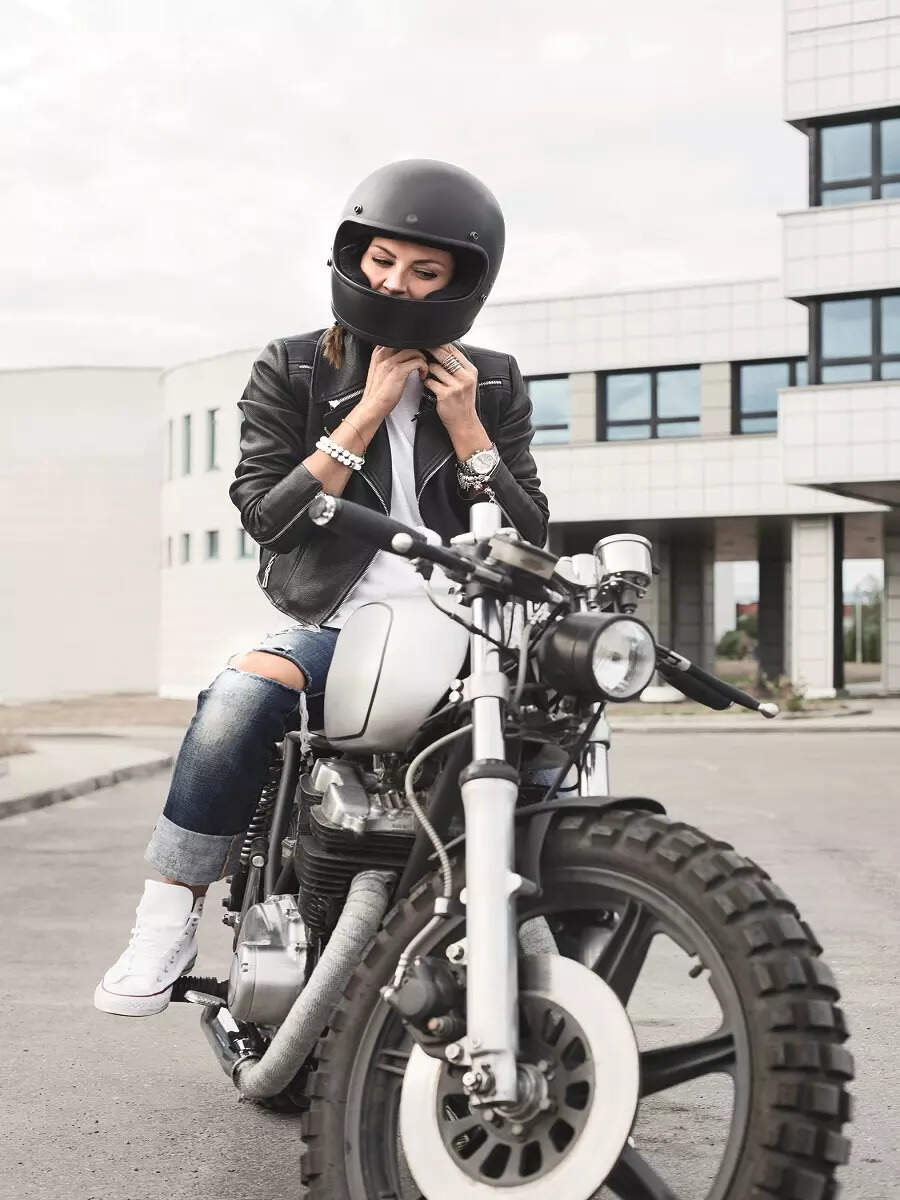
STREET BIKE
Also known as a naked or standard bike, a street bike is suitable for city commutes and travels and generally starts from 100-125cc. This bike is great for beginners, thanks to its easy-to-handle nature and comfortable seating.
Pros: Practical, economical, can be accessorised
Cons: Might be too simple for some riders with its looks and features
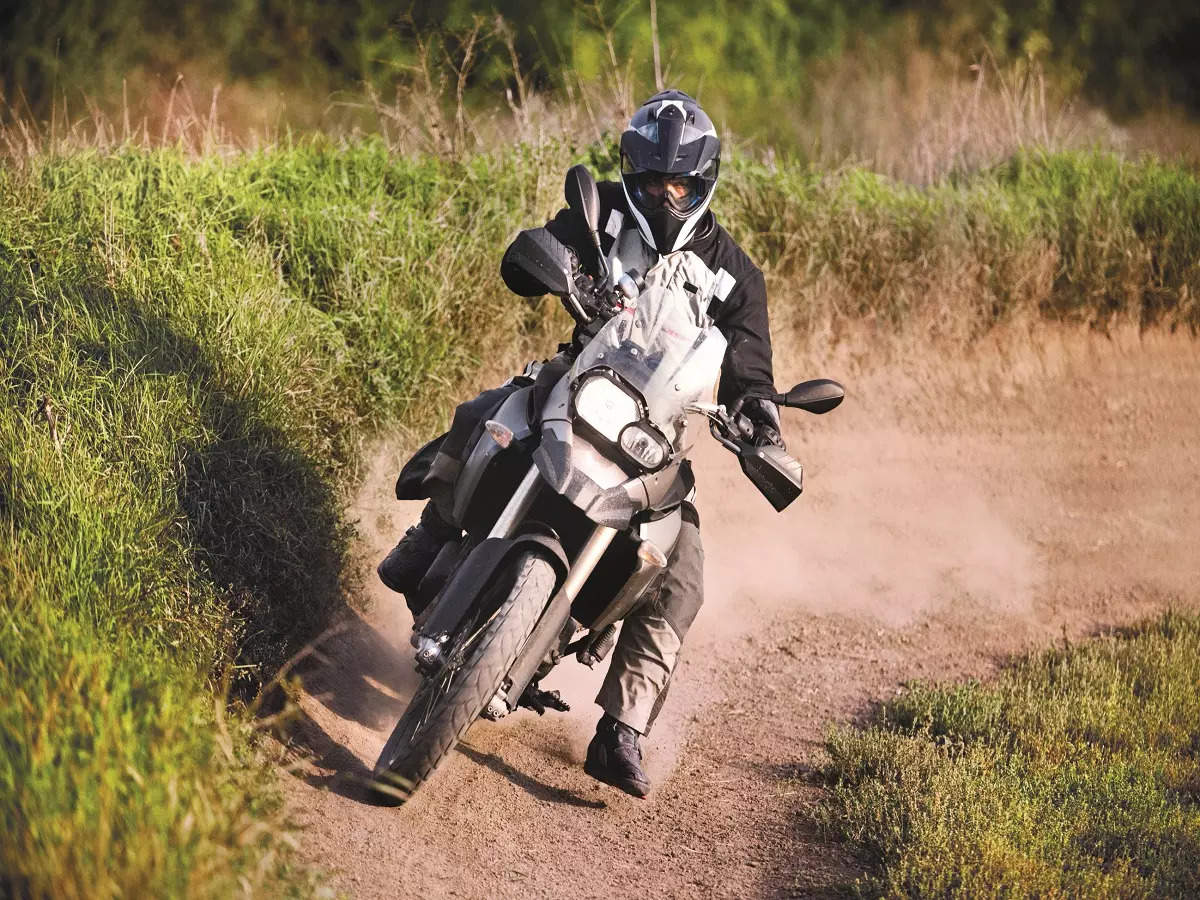
ADVENTURE BIKE
Similar to street motorcycles, adventure bikes are easy to handle and are designed for long travels. The grippy tyres and crash protection make them suitable for on-road and off-road trips too.
Pros: Balance, safety, comfort, stylish looks
Cons: May be difficult to handle, thanks to the heavy frame and weight
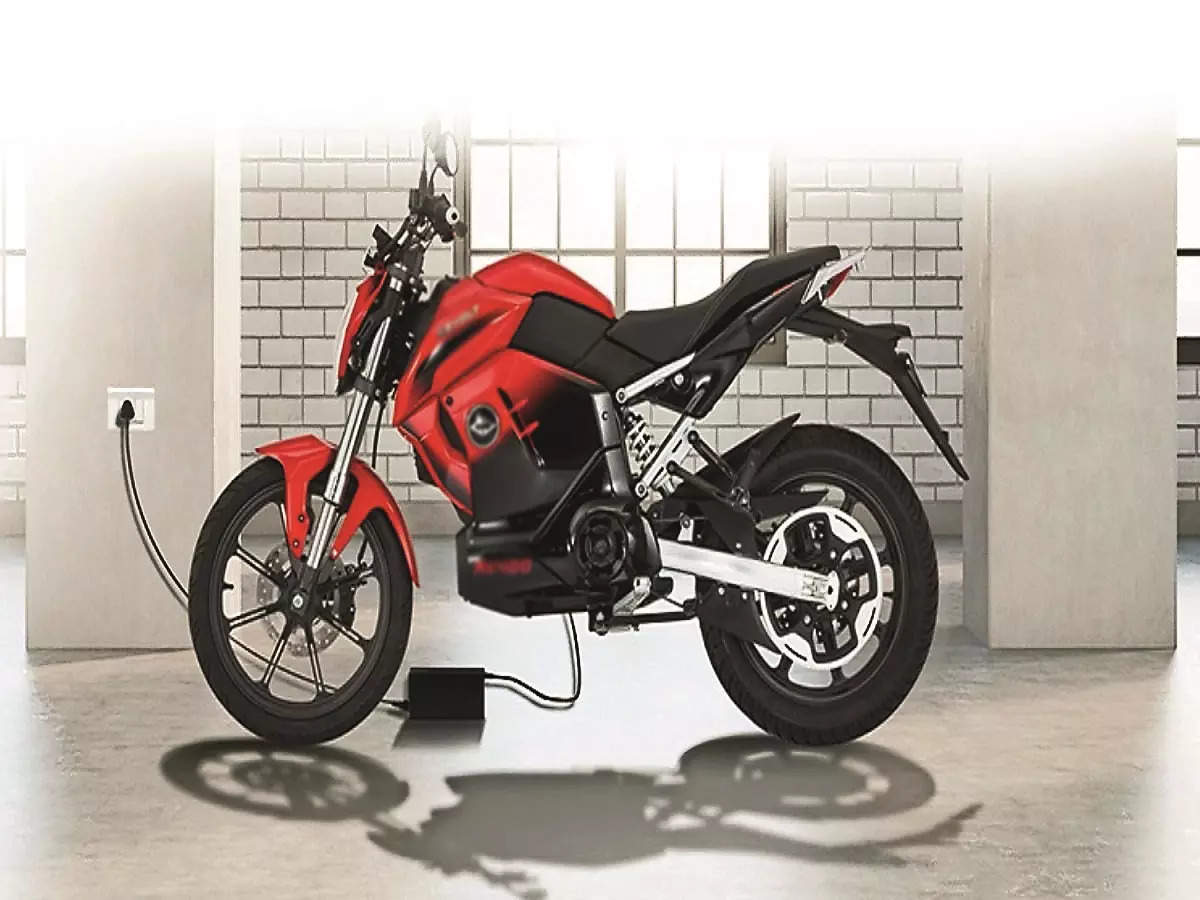
ELECTRIC BIKE
Popular among environment-conscious riders, electric bikes may still be in the early stages of evolution, but they are catching up quickly. These bikes are perfect for city rides and offer quiet, smooth, yet powerful performance.
Pros: No fuel needed and low on maintenance
Cons: Range and recharge time can be an issue
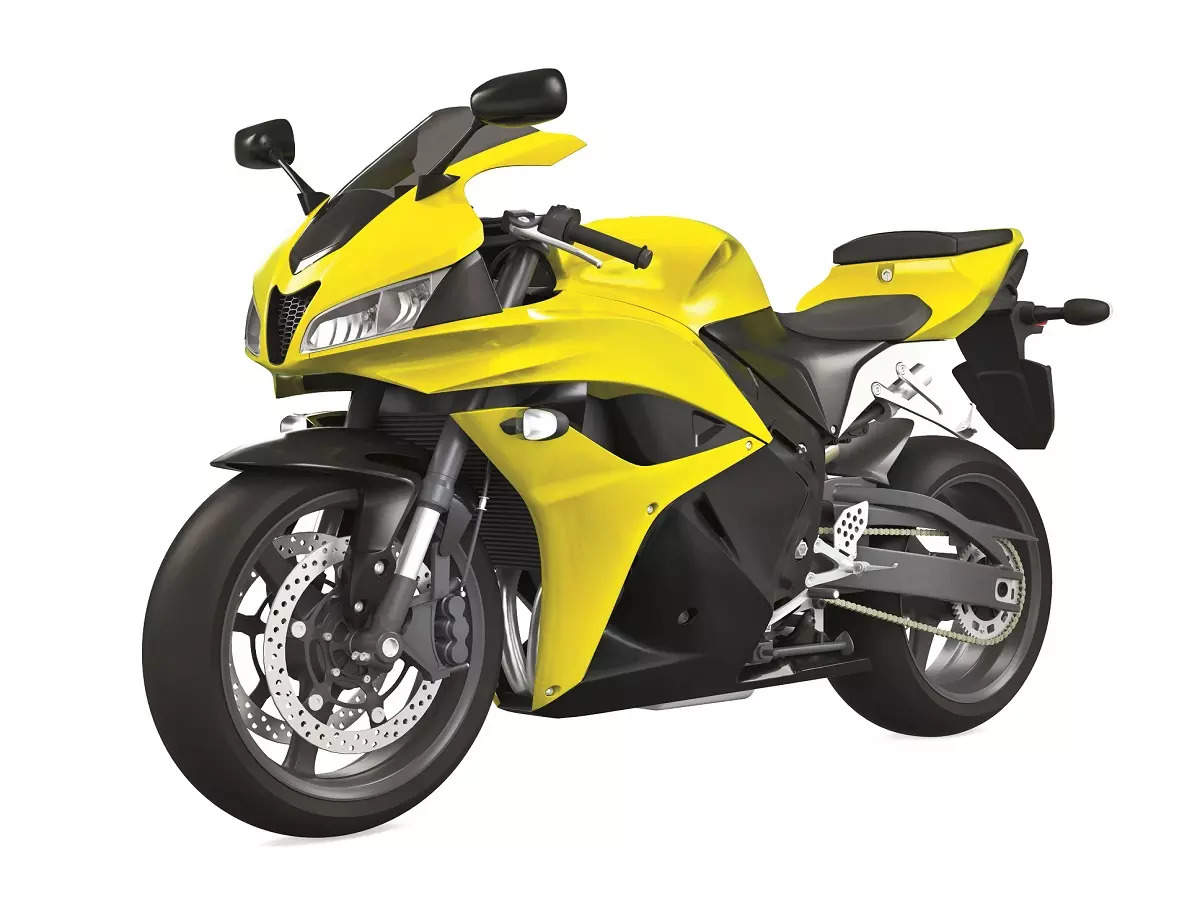
SPORTS BIKE
Contrary to cruisers, sports bikes are designed keeping factors like speed and performance in mind. While these bikes are incredibly powerful, they also require great skills to manoeuvre and ride confidently. Not really for a beginner.
Pros: Power, responsive brakes, adjustable suspension
Cons: Not as comfortable for long rides, requires open, smooth roads
THINGS TO KEEP IN MIND BEFORE BUYING A MOTORCYCLE:
BACKGROUND CHECK
According to Rustom Patel, eight-time national and three-time international champion, conducting a background check on the company to figure out its past performance is important.
RELIABILITY
“A lot of new companies come in with new bikes and face mileage, suspension, and other reliability issues. It is important to know how long a brand has been in the market and how many bikes you see on the road,” suggests Rustom.
PRACTICE
Suparna Sarkar, a motorcycle instructor who has trained over 300 new riders and founded a motorbike training academy, says, “You cannot ride a big bike on the first go. Learn the basics, practice and you will gradually get better.
IDENTIFY YOUR PURPOSE
“Determine if you will be riding within the city, going for weekend rides or if you will be travelling with a pillion. Make your purchase accordingly,” says Suparna.
FUEL CAPACITY
“One should look at the fuel capacity and mileage before buying a motorcycle,” says Rustom. On her part, Suparna informs, “A smaller fuel tank will need you to make more stops to refuel while on long rides. ”
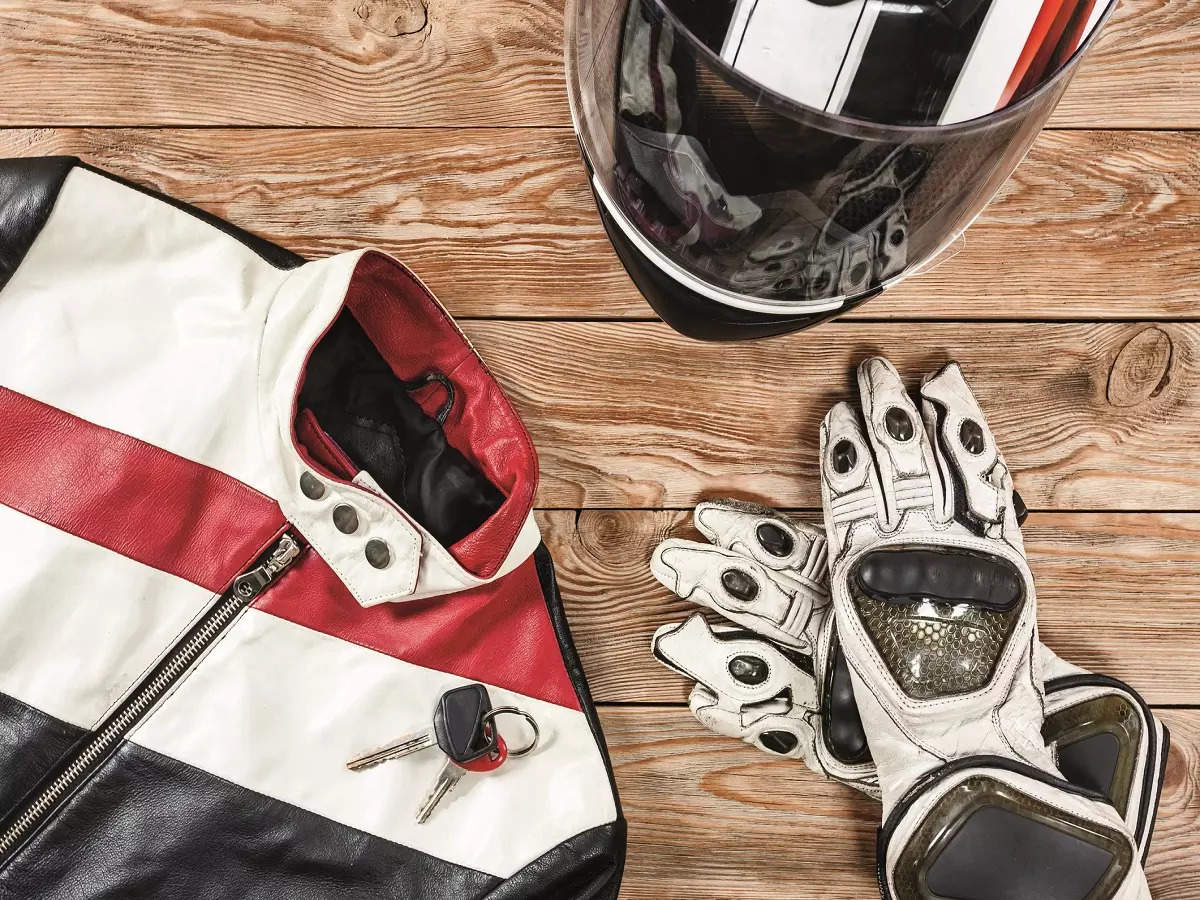
BUY RIDING GEAR
A reliable helmet, riding jacket, knee guards, gloves and boots should be on your checklist.
TEST RIDE
“Many times, people watch videos by influencers and enthusiasts who talk about a particular bike or a brand. Don’t go by only what you hear and see. Your physique, the intent of riding, comfort and handling should be the deciding factors,” adds Suparna.


